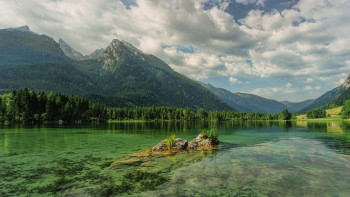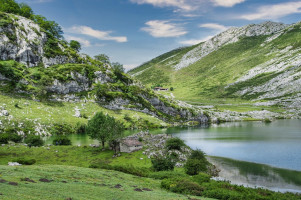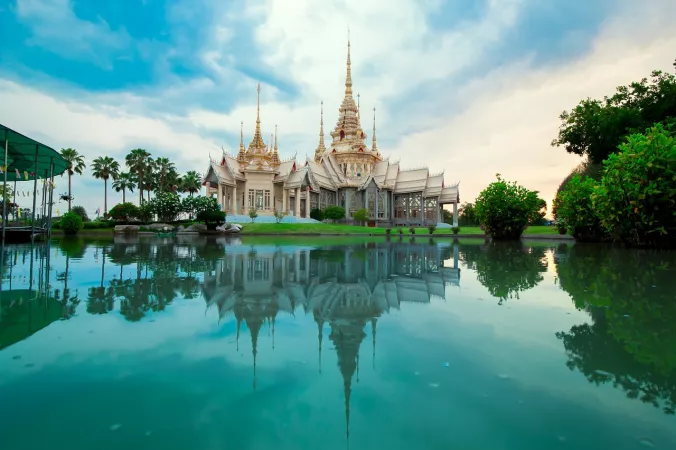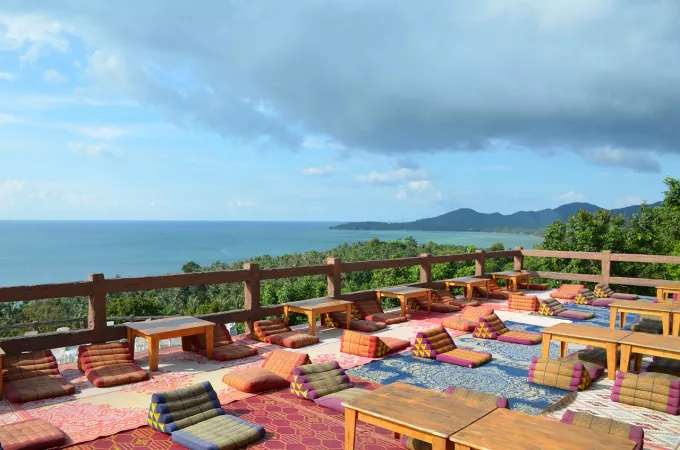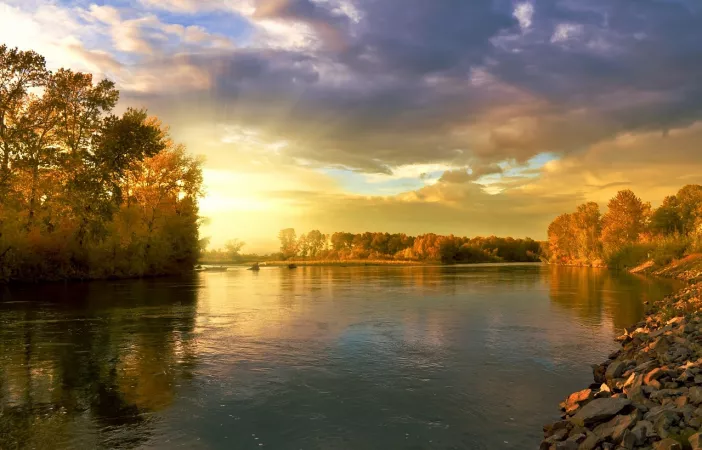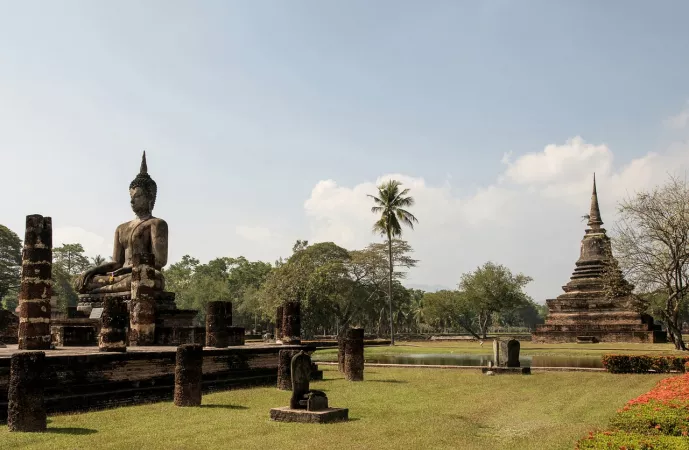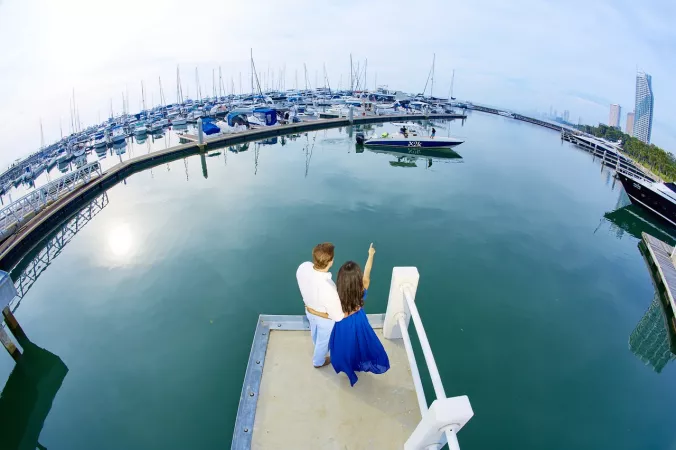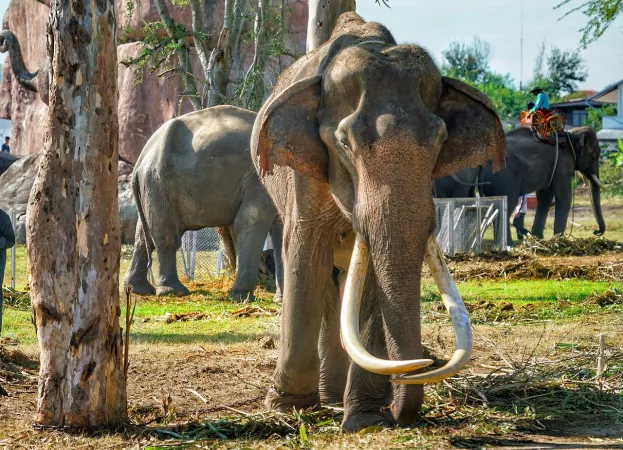
Surin Travel Guide
Surin, located in the northeastern region of Thailand, is a province known for its rich cultural heritage and traditional Thai way of life. The province is famous for its annual Elephant Round-up festival, where hundreds of elephants parade through the streets in a vibrant display of Thai culture. Surin is also renowned for its silk production, with intricate designs and patterns that reflect the region's artistic flair. The province's historical significance can be seen in its ancient temples and ruins, showcasing the influence of Khmer architecture.Top Attractions in Surin
1. Elephant Village 2. Prasat Sikhoraphum 3. Silk Village 4. Surin National Museum 5. Wat BurapharamSurin is Famous for
Elephant Round-up FestivalTop Attractions in Surin
- Elephant Village - Prasat Sikhoraphum - Silk Village - Surin National Museum - Wat BurapharamWhat's Great about Travelling to Surin?
- Experience traditional Thai culture - Witness the majestic Elephant Round-up festival - Explore ancient temples and ruinsWhat's Not So Great about Travelling to Surin?
- Limited nightlife options - Language barrier for non-Thai speakers - Limited vegetarian food choicesTravel Tips for Surin
- Check visa requirements before traveling - Use local transportation options for an authentic experience - Respect local customs and traditionsImportant Surin trip information
- Ideal Duration: 3-4 days
- Best Time to Visit: November to February
- Nearby Airports and Railway Stations: Surin Airport and Surin Railway Station
Per Person
17,980
*EXCLUDING APPLICABLE TAXES Per Person
16,520
*EXCLUDING APPLICABLE TAXES Per Person
15,470
*EXCLUDING APPLICABLE TAXES FAQ's on Surin
Q1: What is the best time to visit Surin?
Surin is best visited during the cool and dry season from November to February when the weather is pleasant for outdoor activities and festivals like the famous Elephant Round-Up take place. Avoid the hot season from March to May and the rainy season from June to October.
Q2: Do I need a visa to travel to Surin?
Most visitors to Surin can enter visa-free for up to 30 days. However, it is essential to check the specific visa requirements based on your nationality before traveling. Some countries may require a visa in advance.
Q3: What are the must-visit attractions in Surin?
Surin is renowned for its Elephant Village where travelers can experience close encounters with these majestic animals. Visit the Surin National Museum, Prasat Sikhoraphum Khmer temple, and Ban Tha Sawang Silk Weaving Village for a cultural experience.
Q4: Is Surin a safe place to travel?
Surin is generally a safe destination, but like any place, travelers should be cautious of pickpocketing in crowded areas. It is advisable to avoid isolated areas at night and take necessary precautions to safeguard belongings.
Q5: What is the local currency in Surin and can I use credit cards?
The local currency in Surin is the Thai Baht. Credit cards are widely accepted in major establishments, but it is advisable to carry cash for smaller vendors and markets. ATMs are also readily available in urban areas.
Q6: What is the local cuisine like in Surin?
Surin offers a variety of delicious dishes, including spicy Isaan cuisine like som tam (papaya salad) and grilled meats. Try local specialties like koi pla (raw fish salad) and gaeng om (spicy soup). Vegetarians can enjoy dishes like pad pak boong fai daeng (stir-fried morning glory).
Q7: What transportation options are available in Surin?
Travelers in Surin can use tuk-tuks, motorbike taxis, and songthaews (shared taxis) for short distances. Renting a motorbike or car is a convenient option for exploring the region. Buses and trains are available for intercity travel.
Q8: Are there any cultural norms or etiquette I should be aware of when visiting Surin?
When visiting Surin, it is essential to dress modestly, especially when visiting temples or rural areas. Remove shoes before entering homes or sacred places. Respect the local customs and traditions, such as greeting with a wai (hands pressed together) and avoiding touching someone's head.
Q9: I am a travel agent. How can I buy travel leads of Surin?
Register yourself as a travel agent at agents.tripclap.com and then you can buy travel leads to Surin once your account is approved. For more details contact our support team at +91-8069186564 or support@tripclap.com

